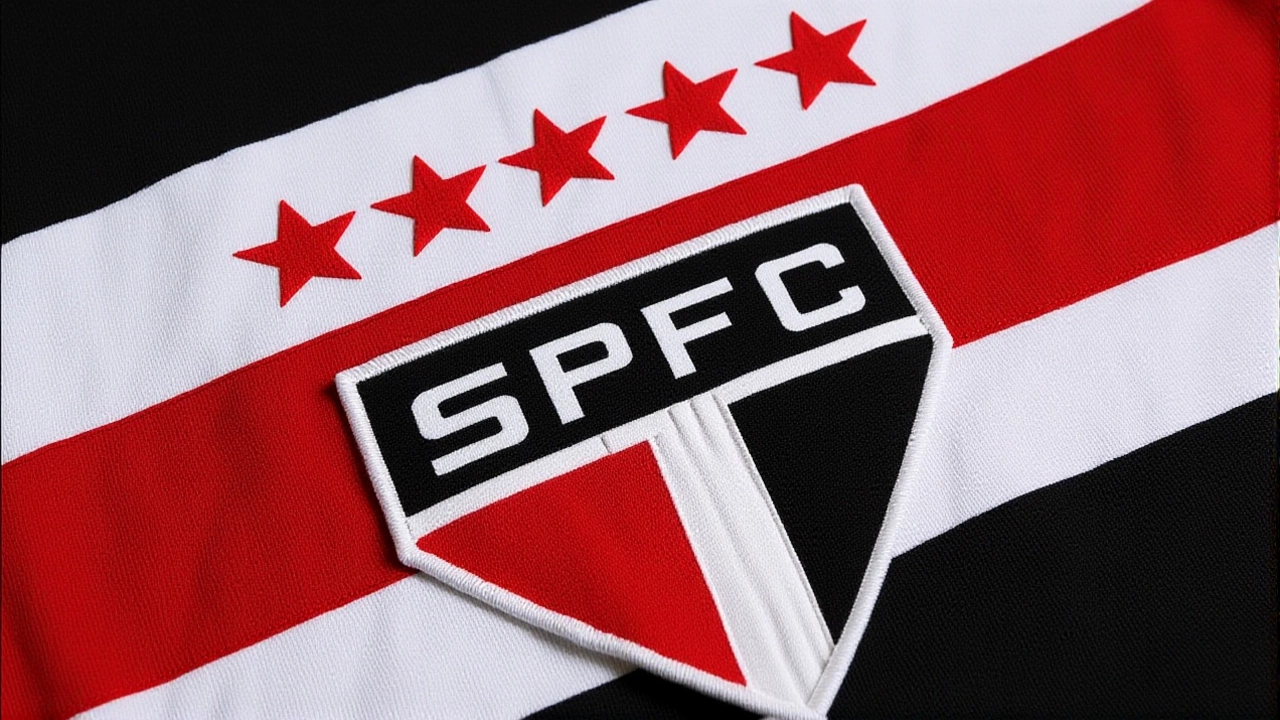São Paulo FC posted a record R$ 287.6 M loss for 2024 despite record revenue, prompting a R$ 240 M credit‑rights fund plan and raising concerns for Brazilian football’s finances.
Debt Management Tips: Simple Steps to Get Back on Track
Feeling weighed down by debt? You’re not alone. Most people carry some form of debt, whether it’s credit cards, a loan, or a mortgage. The good news is you can take control with a few straightforward moves.
First, list every debt you have. Write down the creditor, balance, interest rate, and minimum payment. Seeing everything on paper (or a spreadsheet) makes it harder to ignore and helps you spot the biggest cost: high‑interest credit cards.
Prioritize High‑Interest Debt
Pay extra toward the debt that charges the highest rate while still making the minimum payments on the rest. This is called the avalanche method. By tackling the most expensive debt first, you shave off interest faster and free up money sooner.
If the avalanche feels too slow, try the snowball method instead: focus on the smallest balance first. Paying off a debt quickly gives a confidence boost and can keep you motivated.
Create a Realistic Budget
A budget isn’t a punishment; it’s a map that shows where your money goes. Start with your net income, then subtract essential costs like rent, utilities, and groceries. What’s left goes to debt payments and savings.
Look for small places to cut. Maybe you can brew coffee at home instead of buying it, or switch to a cheaper streaming plan. Even $20 a month saved can become an extra payment that speeds up debt reduction.
Set up automatic transfers to the account you’re targeting. When the money moves without you thinking about it, you’re less likely to spend it elsewhere.
If you’re struggling to meet minimum payments, consider talking to the creditor. Many offer temporary forbearance, lower rates, or a payment plan if you explain your situation.
Another option is to consolidate high‑interest balances into a lower‑rate loan or a 0% balance‑transfer credit card. Just be sure the fees and terms don’t end up costing more in the long run.
Keep an eye on your credit score. Paying on time and reducing balances improves it, which can open doors to better loan rates later.
Finally, celebrate milestones. Paid off a credit card? Treat yourself to a low‑cost reward—maybe a movie night at home. Recognizing progress keeps the habit alive.
Debt isn’t a permanent sentence. With a clear picture, a focused repayment plan, and a budget that works for you, you can chip away at what you owe and start building savings. Take the first step today: write down those balances and pick a method that feels right. You’ve got this.
